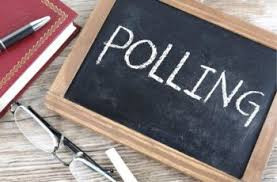
If you’re following the polls obsessively, you’re putting your faith in a phenomenon that does more to undermine democracy than enhance it. So argues Samuel Earle in his recent review of a book by G. Elliott Morris, called Strength in Numbers: How Polls Work and Why We Need Them. Earle’s review of Morris’s work appeared in the New York Review of Books on October 17, titled The Problems with Polls. The Moles’ Well Read Red, Patricia Kullberg, reads excerpts from Morris’s review. In part one of the reading, which aired on Oct 28, Morris argues that polling is closely intertwined with the profit motive while claiming to be a democratizing force, that it dangerously simplifies complex issues, that polling itself influences public opinion in potentially disastrous ways, and suffers from persistent biases and blind spots. Part two, the conclusion to the article, Earle examines polling’s symbiotic relationship to the press and how it is driven by the need for drama and conflict. He then looks at how social media is overtaking polling as the so-called voice of the people, simplifying issues and instigating conflict, while it monetizes people's "opinions" for profit.
(Credit: Alpha Stock Images - http://alphastockimages.com//Nick Youngson - link to - http://www.nyphotographic.com)
- KBOO

